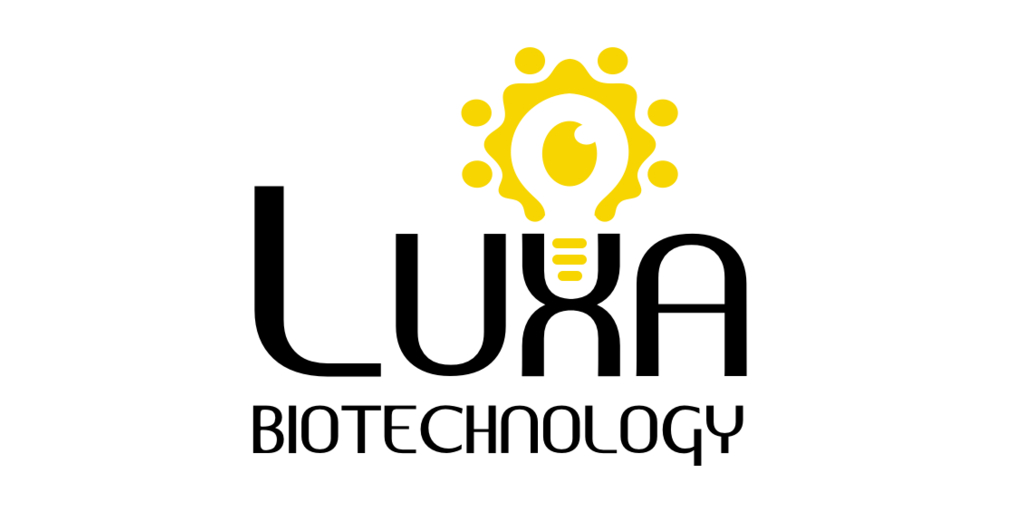Company will present early clinical data from the first cohort of dry AMD patients at the 77th annual Wills Eye Conference in Philadelphia on March 6, 2025
FORT LEE, N.J.--(BUSINESS WIRE)--Luxa Biotechnology LLC (Luxa), a clinical-stage biotechnology company developing a novel adult retinal pigment epithelial stem cell (RPESC) therapy for dry age-related macular degeneration (AMD), today announced that the U.S. Food and Drug Administration (FDA) has granted Regenerative Medicine Advanced Therapy (RMAT) designation to RPESC-RPE-4W transplantation for the treatment of patients with dry age-related macular degeneration (dry AMD).
RPESC-RPE-4W is a cell product derived from adult retinal pigment epithelial stem cells (RPESC) that generate retinal pigmented epithelium (RPE) cell progeny (RPESC-RPE). Transplantation of progenitor-stage RPESC-RPE cells obtained after four weeks of differentiation (RPESC-RPE-4W) effectively replaces the native RPE cells lost during AMD disease progression. The RPESC program is currently in a Phase 1/2a clinical trial (NCT04627428).
Dr. Jeffery Stern, Luxa’s Chief Medical Officer, will present safety, tolerability, and early efficacy data of RPESC-RPE-4W transplantation in the first cohort (N=6) of dry AMD patients at the 77th annual Wills Eye Conference in Philadelphia on March 6, 2025.
“This RMAT designation was granted following the FDA’s review of our compelling preliminary Phase 1 data and underscores the transformative potential of RPESC-RPE-4W in addressing the unmet needs of dry AMD patients who have lost or are losing their vision,” said Keith Dionne, Ph.D., CEO of Luxa. “We look forward to collaborating closely with the FDA to bring this potential paradigm-changing treatment to patients as efficiently as possible, restoring vision, and improving the quality of life for millions.”
Established under the 21st Century Cures Act, RMAT designation is designed to accelerate the development and review of promising regenerative medicine therapies that treat serious or life-threatening diseases. To obtain this designation, therapies must have demonstrated preliminary clinical evidence that the treatment has the potential to address unmet medical needs for such diseases. RMAT designation provides significant benefits including increased early interactions with FDA leadership to guide and accelerate clinical development, the potential for accelerated approval, and priority review of a product’s biologics license application (BLA).
About Dry AMD
Age-related macular degeneration (AMD) is the leading cause of adult-onset blindness in the Western world, affecting approximately 20 million Americans and 200 million people globally, with 80% of cases classified as the dry form. Dry AMD causes diminished vision accompanied by loss of central retinal pigmented epithelium (RPE) cells in individuals aged 55 and older. There are no approved vision-improving treatments for dry macular degeneration.
About Luxa Biotechnology
Luxa Biotechnology is a clinical-stage biotechnology company developing a novel adult retinal pigment epithelial stem cell (RPESC) therapy for dry age-related macular degeneration (AMD). The company’s lead program is in a Phase 1/2a trial and is focused on advancing RPESC as an effective, commercially viable therapy to restore the lost vision of AMD patients. Luxa, a joint venture of the Korean technology company Y2 Solution and the Neural Stem Cell Institute (NSCI) in Albany, New York, acknowledges the support and critical contributions of the clinical team at the University of Michigan Kellogg Eye Center, the manufacturing team at the Cedars Sinai Biomanufacturing Center, the California Institute for Regenerative Medicine and the U.S. National Institutes of Health National Eye Institute. For more information, visit our website and follow us on LinkedIn.
Contacts
Media:
Christine Quern
cq@christinequern.com
617-650-8497






